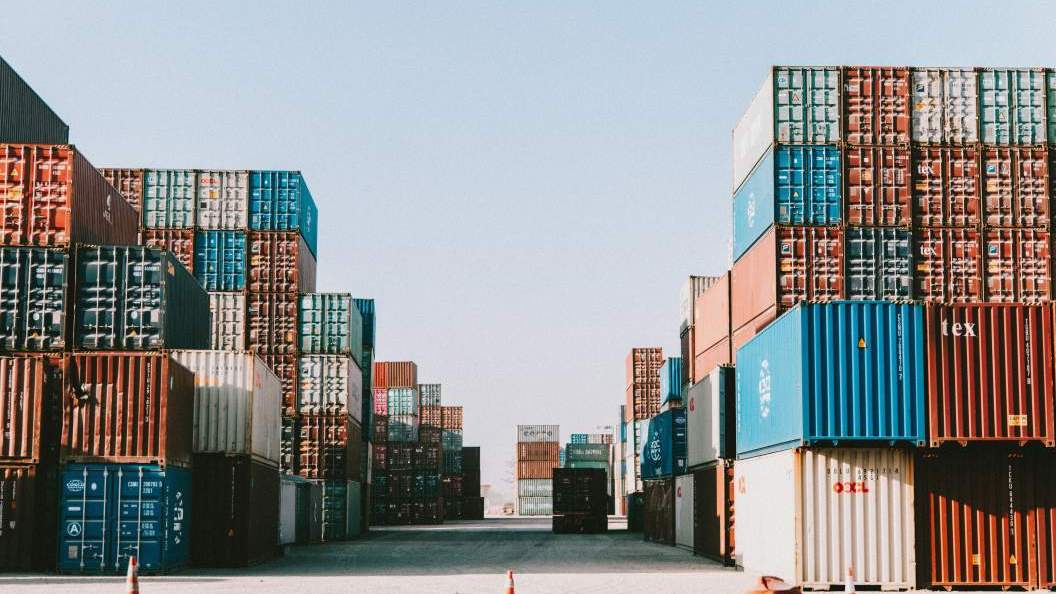What is IMO?
Shipping via sea (also known as ocean freight) is often, the most cost-effective and efficient mode of transporting goods internationally. Compared to other mod es of transport it is relatively lower in cost and provides the most reliable means to distribute goods and is responsible for over 80% of global commerce and trade. Today, shipping is an international industry, worth 6.28tn dollars with the Asia-Pacific route worth 3.90tn individually and it is expected to rise to 6.88tn by 2024 in a recent report by Statista.
Given the size and scope of the freight industry, there is an ever-growing list of considerations that need to be regulated for the industry to grow and work efficiently as well as providing safety to those involved.
The International Maritime Organisation (IMO) is a specialised agency within the United Nations considered to be the standard setting authority. The organisations’ main role is to create a fair and effective regulatory framework for the shipping industry that manages the safety, security, and environmental performance for international shipping, while encouraging innovation and efficiency.
The International Maritime Organisation’s leading mission and foremost responsibility is to develop and maintain a comprehensive regulatory framework of policies which help govern, guide, and create innovation within the shipping industry and its activities, in areas such as maritime security, safety, technical cooperation, sustainability and legal matters.
What is the Purpose of the IMO?
The main aims of the IMO are set out in their commitment statement and are as follows:
SDGs are defined as Sustainable Development Goals, also known as Global Goals. These were initiated in 2015 by the United Nations General Assembly outlining 17 Global Goals that are intertwined, acting as a blueprint. This blueprint was developed with the aim to achieve a greater level of sustainability by the year 2030.
- To promote the importance of shipping sustainably as well as sustainable maritime development
- Ensuring that waterways are kept clean and safe for all marine and human life
- Inspire innovation and efficiency through implementing fair and effective standards and regulations that must be adopted by all shippers across the globe that have the capacity to grow
- To support the United Nations Sustainable Development Goals (SDGs)
What are SDGs?
The framework that is set by the IMO includes measures that cover all aspects when it comes to shipping. These measure cover everything such as:
These measures and regulations must be met by all requiring all ships to be safe, secure, energy efficient and environmentally friendly.
What are the Effects of IMO?
- The internal and cosmetic designs of ships
- Construction of vessels
- Equipment and manning of ships
- The operations and disposal required on board ships
It must be noted, the IMO is not responsible for enforcing the regulations and policies that they implement. The IMO’s role is solely to evolve and set boundaries and the framework that must be applied to the shipping industry. These policies then become international law and it becomes the responsibility of the individual country to enforce the laws related to these policies and regulatations.
How is the IMOs Framework Enforced?
The IMO is comprised of five different committees that share the workload by focusing on their specific respective areas. The five committees include:
It should be noted, the five committees meet every two-years to review and improve the relevant frameworks, as well as addressing budgeting and council elections.
What Makes Up the IMO?
- The Technical Co-operation Committee (TC) – helps to manage the IMOs capacity-building programme and the implementation of technical initiatives for which the organisation serves as the implementing or cooperating agency
- The Maritime Safety Committee (MSC) – navigates all matters related to maritime safety and security from passenger ships to cargo vessels
- The Marine Environmental Protection Committee (MEPC) – addresses any related environmental issues under the IMOs responsibility which can be anything from ship recycling to sewage
- The Legal Committee – handles any legal issues within the scope of the organisation
- The Facilitation Committee (FAL) – relates to the arrival, stay, and departure of ships, people, and cargo from ports, as well as the facilitation of international maritime transportation.
For more information on working with an experienced logistics company specialising in freight forwarding that combines exceptional service with a range of shipping options and decades of experience, speak to a member of our team today.
If you are you looking for a partnership that focuses on quality rather than quantity? Talk to someone direct.
Contact us to start the conversation.



